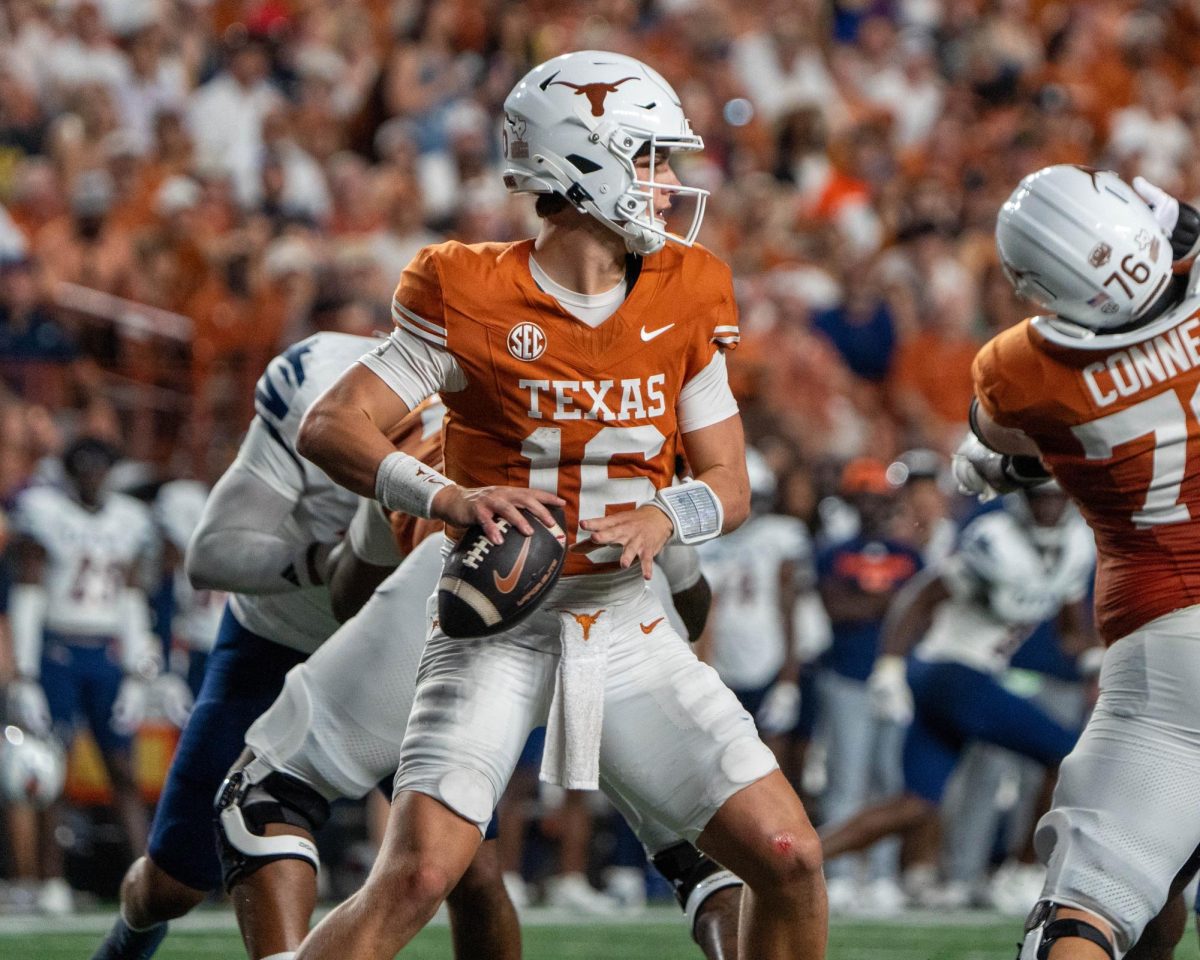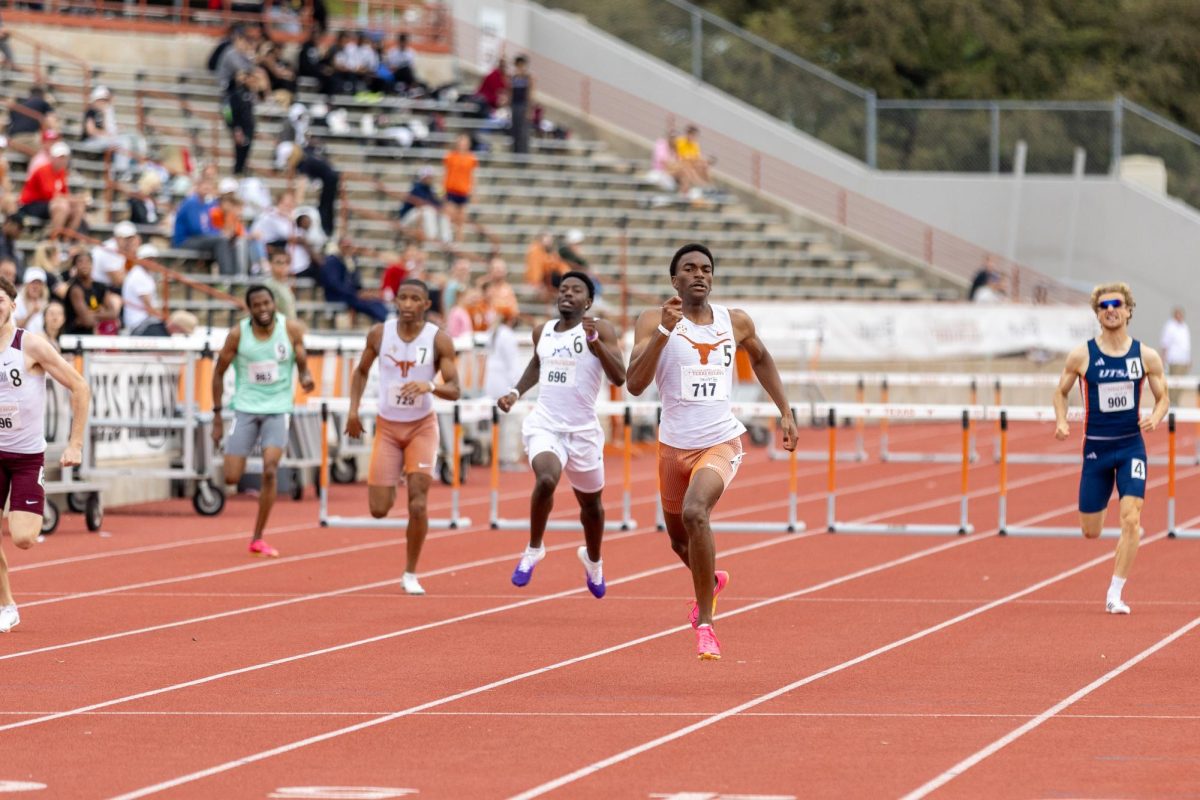Christmas came early for many Longhorn fans Monday who finally got what they had been wishing for — the end of the Greg Davis era.
It’s official. The Texas offensive coordinator has stepped down, resigning under intense pressure from the hordes of Texas fans who have been calling for his head for several years now. And it didn’t help that Davis’ sudden — and rather bizarre — switch to a pro-style offense in 2010 went belly up as the Longhorns finished a disappointing year with just five wins.
But Davis isn’t the only coach who will not return for the 2011 season. Joining him are associate head coach and offensive line coach Mac McWhorter as well as defensive line and special teams coach Mike Tolleson, who both retired.
This could be the change that Texas needs as the Longhorns search for answers after one of the school’s worst seasons in recent memory. The last time Texas failed to reach a bowl game was 13 years ago — Mack Brown and Davis’ first year in Austin.
Davis’ biggest failure in 2010 was his decision to drastically change the direction of the Longhorn offense, totally rewiring the spread-offense attack that had worked wonders for Texas when dual-threat quarterbacks Vince Young and Colt McCoy roamed the 40 Acres.
But with first-year starter — and Davis’ handpicked prodigy — Garrett Gilbert running the show in 2010, Davis saw fit to change the Longhorns’ offense.
Forget that Texas’ roster had no — count them, zero — dominant running backs and an offensive line that hadn’t consistently run-blocked in four years. It looked like a poor decision at the time, and it certainly was on Davis’ part.
The proof is in the pudding.
Consider that in 2010, the offense averaged an abysmal 23.8 points per game. Compare that with the nearly 40 points Texas scored on average in the previous seven seasons — during which the spread offense thrived — and it’s clear that the pro-style attack had no business in a Texas huddle in the first place.
Davis even misread the talent and skill of his own prized recruit. He figured Gilbert couldn’t run a lick and wasn’t as mobile as Young or McCoy — part of the reason he decided to change philosophies. But watching Gilbert play all year — look no further than the Nebraska game — it became clear the sophomore signal caller had the legs and athleticism to make plays on his feet, much like his predecessors.
If it ain’t broke, don’t fix it. It doesn’t get much simpler than that unless, of course, you’re Davis.
Two National Championship appearances in five years using a spread attack? Sure, lets just change that right quick.
Well, Davis made his changes and forced Brown to make his own tough decisions after the season, costing Davis his job and ending his 16 years coaching alongside Brown.
Davis’ departure opens the door for running backs coach and former Texas quarterback Major Applewhite to step in as the new offensive coordinator.
It makes sense for Texas to promote someone in-house rather than searching for someone from another program, and Applewhite should be a welcome choice to the boosters, fans, media, coaches and players.
Texas fans can breathe a sigh of relief now that Davis will not be up in the booth calling the shots on game day, but simply jettisoning the offensive coordinator is not the one and only solution to Texas’ issues.
The Longhorns still need to find a go-to receiver, one who won’t drop easy first-down catches, and a workhorse out of the backfield.
Davis wasn’t the only problem but he was a huge part of it, and it’s up to Brown and most importantly, the players, to restore Texas football to elite status in 2011.




















